How foreign exchange reserves work? Foreign exchange reserves are a central bank’s government-owned assets. They are held in different currencies and are used to support the country’s balance of foreign trade and help maintain overall financial stability.
While countries with forex reserves generally benefit from a low borrowing rate, it also leads to extreme volatility in their economy as any change in the reserve can lead to a similar response in the respective currency.
These reserves also serve as a form of security for citizens and institutions that deposit their savings in foreign bank accounts. Foreign exchange reserves are one of the ways a country can protect its currency and act as a buffer against unforeseen financial events.
They were originally intended to maintain confidence in the domestic currency, but they can also be used to with trade imbalances, provide stability during financial crises, and enact monetary stimulus.
Fluctuations in the exchange rate of one currency against another are due to movements in foreign exchange market. Foreign exchange rate is the price of one currency in terms of another. It is a real-time measure of value of one currency in terms of another.
Things to note
- How foreign exchange reserves work?
- Foreign exchange reserves definition
- Who manages foreign exchange reserves?
- Advantages of Foreign Exchange Reserves
- Disadvantages of Foreign Exchange Reserves
- Why is holding reserves important?
- Which country has lowest foreign reserve?
- Why do countries keep gold reserves?
- Is it good to have high forex reserves?

How foreign exchange reserves work?
A foreign exchange reserve, also known as forex reserves or FX Reserves is a country’s stockpile of foreign currencies. It is held by a central bank and can be used to meet domestic liquidity needs. A reserve may also be used to support the value of the domestic currency by being sold in the forex market.
The US dollar is the most widely held currency in foreign exchange reserves, followed by the euro and Japanese yen. These three currencies make up over 60% of total foreign exchange reserves held by central banks globally.
Foreign exchange reserves are usually held in the form of bank deposits with other central banks and international organizations such as the International Monetary Fund (IMF). In some cases, they can also be held as gold bullion or other commodities.
The main purpose of holding foreign exchange reserves is to support a country’s monetary policy operations, such as maintaining an appropriate level of liquidity in its financial system and managing its balance of payments (BOP).
Foreign exchange reserves play an important role in ensuring that countries have enough money to meet their international obligations. They also act as a buffer against financial crises like the Asian financial crisis in 1997-1998 and the global financial crisis of 2007-2008.
For example, if a country wants to buy goods from another country but doesn’t have enough money to pay for it, then it will need to borrow money from somewhere else so that it has enough money to pay for those goods.
In this situation, if there are no other countries willing to lend it money (because they don’t trust that country’s economy), then it may not be able to pay for those goods at all leading to potential supply chain disruptions or even bankruptcy for companies that rely on.
Foreign exchange reserves are an important indicator of a country’s financial health. They can be used to defend the value of a currency and help maintain stable economic growth.
or example, if a country has weak economic fundamentals, it may accumulate large amounts of foreign exchange reserves to support its currency and attract foreign investment.
Most countries hold some form of foreign exchange reserves to ensure that they have enough money on hand for emergencies.
For example, if there is an economic crisis in another country that affects exports from your country, you might need to intervene in the foreign exchange market by selling some of your currency to prevent it from depreciating too fast against other currencies.
Read more article: How to Make Profit on Forex Trading

Foreign exchange reserves definition
Foreign exchange reserves refer to the foreign currencies that are held by a country, and can be used to pay for imports or to invest in other countries. A country’s foreign exchange reserves are an important indicator of economic health, as well as a source of strength.
In order for countries to trade with each other, they must have some form of currency that they can use. This is where foreign exchange reserves come into play.
When one country wants to trade with another, they must have an equivalent amount of their own currency and the currency they wish to purchase.
For example, if you want to buy something made in China and the price is 500 yuan, then you need 500 yuan on hand so you can make the purchase.
If you only have $100 US dollars on hand but need 500 yuan then you will need to convert your $100 into 500 yuan in order for this transaction take place between both parties involved.
This conversion process is known as “exchange rates” and is what happens when two currencies are being compared against one another based on how much one is worth relative.
Read more article: Tips on Forex Trading for Beginners
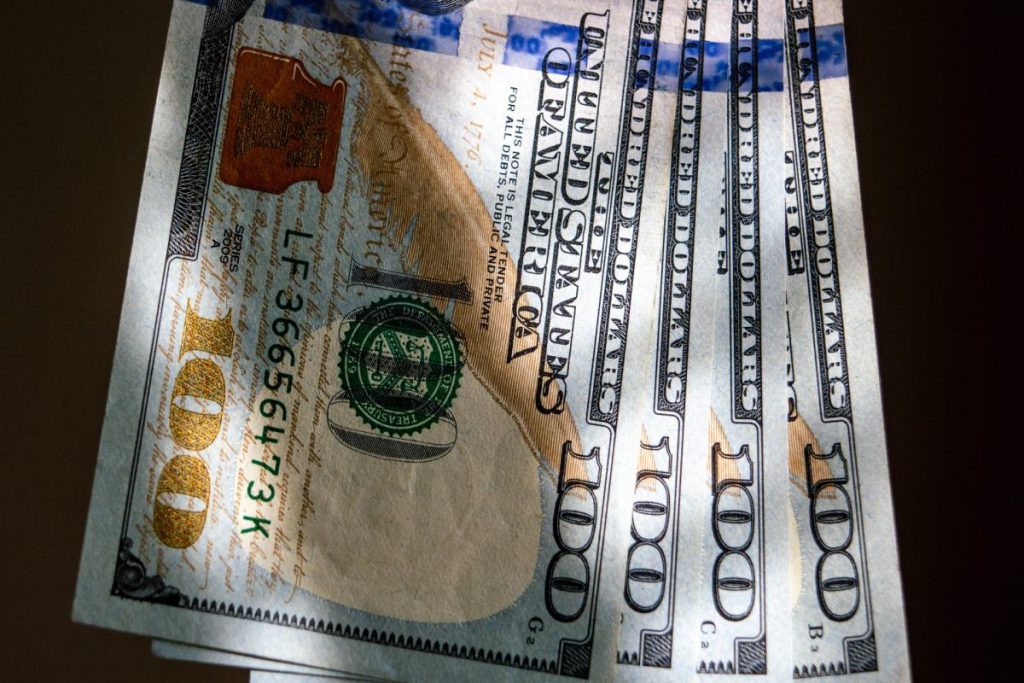
Who manages foreign exchange reserves?
A country’s foreign exchange reserves are held by the government and its central bank. The government is responsible for allocating the funds and overseeing their use, while the central bank is responsible for actually holding and managing the reserves.
Governmental bodies
The country’s finance ministry manages foreign exchange reserves. It decides which countries to invest in and what types of assets to purchase. The ministry also ensures that all purchases are made at competitive prices. The treasury minister or a deputy treasury minister oversees this department.
Central bank
The central bank holds most of a country’s foreign exchange reserves, although it may also be held by private banks if they have excess funds or by other financial institutions such as pension funds or insurance companies.
The monetary authority has complete control over these funds and can invest them as needed or according to government policy guidelines (see References 2).
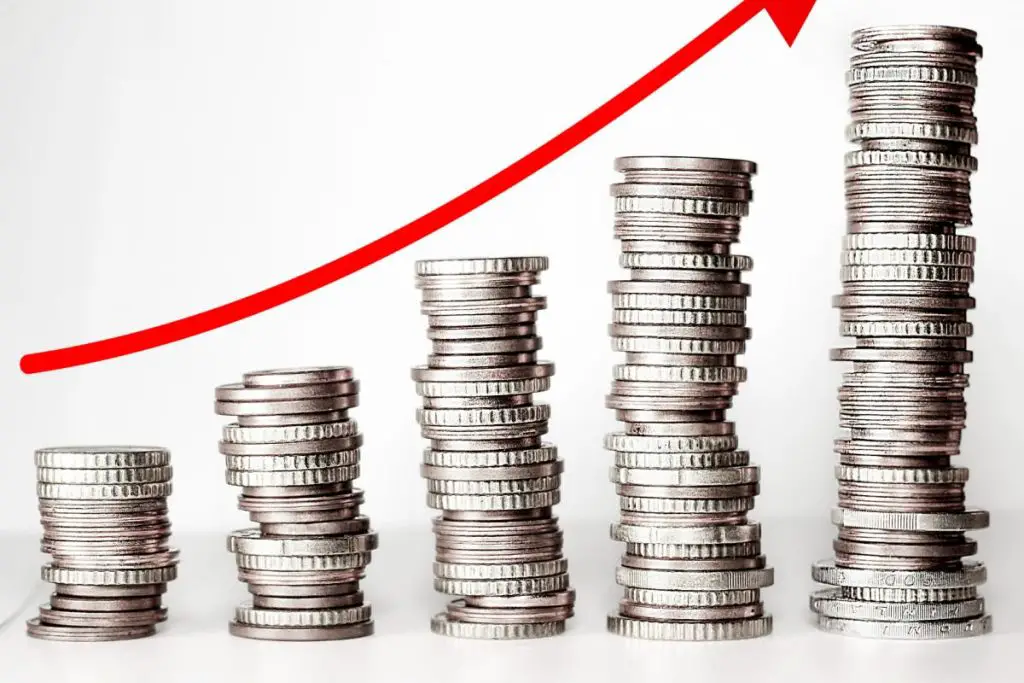
Advantages of foreign exchange reserves
Foreign exchange reserves refers to the foreign currencies or gold held by a country’s central bank. The main purpose of foreign exchange reserves is to assist in meeting balance of payments deficits and for use in case of an economic crisis.
Benefits of foreign exchange reserves
Meeting Balance-of-Payments Deficit – The most important benefit of foreign exchange reserves is that it helps to meet balance-of-payments deficit. A country’s balance of payment includes imports and exports, as well as income from abroad, such as foreign direct investment (FDI).
If the country imports more than it exports, it will have a negative balance of payment which means that it will have to borrow money from other countries in order to pay its debts. In this case, foreign exchange reserves can be used by the government to pay back its debts and avoid bankruptcy.
In case there is a sudden loss of confidence in a country’s currency due to political instability or economic problems, investors may sell off their holdings in that country’s currency, causing its value to fall significantly against other currencies such as the U.S dollar or Euro, which would cause inflation in that country.
Read more article: How to use VPS for Forex Trading

Disadvantages of foreign exchange reserves
The disadvantages of foreign exchange reserves are that they can be volatile and cause inflation in the economy. The main disadvantage of foreign exchange reserves is that they can be volatile.
A sudden change in the value of a currency can cause panic among businesses and individuals, leading to losses and economic instability. This happened in Asia in 1997 when many Asian currencies lost their value, causing economic problems for the region.
Another disadvantage of foreign exchange reserves is that they can cause inflation in an economy. Inflation occurs when there is too much money chasing too few goods, which results in rising prices for goods and services as people compete for them.
Inflation is a problem because it reduces the purchasing power of money if everyone has more money but everything costs more than before, then nobody has more purchasing power.
Foreign exchange reserves can cause inflation by increasing the supply of money in an economy without creating new goods or services to match it.
Foreign exchange reserves also have some benefits:
Foreign Exchange Reserves Can Reduce Volatility
Foreign Exchange Reserves Can Reduce Credit Risk
Foreign Exchange Reserves Can Reduce Financial Instability
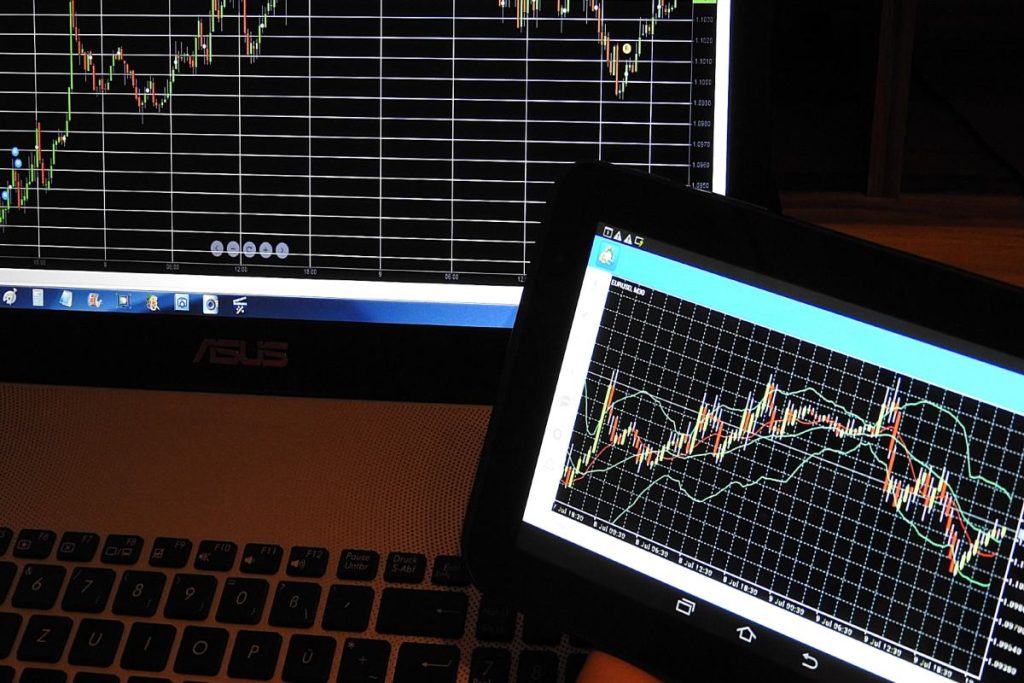
Why is holding reserves important?
Holding reserves is a way for companies to protect themselves against unexpected events. Reserves are funds that have been set aside or accumulated, so they can be used in case of emergencies or unexpected events.
It’s important to keep track of your company’s cash flow. Cash flow is a term used to describe the movement of money into and out of a business. Cash flow is important because it shows how much money you have available to pay bills, invest in your business and pay yourself.
Holding reserves helps protect your company against unexpected events that could have a negative effect on your bottom line.
For example, if you’re a construction company and you don’t have enough cash on hand to pay for materials to complete projects, then you may need to ask customers for extra time before they get their project completed which could lead them to cancel their orders altogether.
Holding reserves also protects your company from having too much cash on hand, which can lead to financial problems if it’s not invested wisely or properly managed by an accountant or financial advisor who understands how they should be utilized within the scope of your business model.
Holding reserves is an important part of banking. As a bank, you have to hold a certain amount of money in your vault to ensure that people always have access to their money.
In case there are any problems with the system and people can’t access their accounts, the bank has enough cash on hand so that everyone can get their money out.
Banks also hold some reserves as a precautionary measure against unexpected events that may impact their ability to make loans or pay out savings accounts. For example, if the economy takes a downturn and people begin defaulting on their loans, banks will be able to lend less money without having to worry about running out of cash.
Holding reserves allows banks to lend more because they know they’ll always have enough cash on hand for transactions that take place during periods when customers want to withdraw more than what’s available in their accounts.
Read more article: Things to know about Forex market

Which country has lowest foreign reserve?
The answer may surprise you. The International Monetary Fund (IMF) defines foreign reserves as “the sum of monetary gold and special drawing rights (SDRs), reserves of IMF members held by the IMF, and holdings of foreign exchange under the control of monetary authorities.”
Countries with low foreign reserves are more vulnerable to economic downturns and other crises. For example, Thailand had low foreign reserves when its economy collapsed in 1997.
Countries with high levels of foreign reserve can weather these types of events better because they have enough cash on hand to pay off debts or provide financial assistance to citizens in need.
The countries below have very little foreign reserve:
China — $1 trillion
Russia — $466 billion
Belarus — $3 billion
Venezuela has a current account deficit of over $2 billion, making it one of the most vulnerable countries to external shocks. This deficit is largely due to an oil export dependency that accounts for almost all of its exports and nearly half of its GDP.
When oil prices began to fall in 2014, Venezuela’s income from oil exports declined, which resulted in a decrease in the value of their foreign reserves. By 2014, Venezuela had already slashed imports by more than half and was running out of food and medicine.
To prevent people from starving or dying from disease, President Nicolas Maduro has ordered many supermarkets to sell only two days’ worth of goods at a time or less if they run out first and has closed borders with Colombia and Brazil so that smugglers can’t bring food into the country illegally.
Read more article: Learn Forex Trading Step by Step

Why do countries keep gold reserves?
Gold is used as a reserve currency by central banks and is considered a safe haven in times of market uncertainty. It has been used for centuries as a store of value and medium of exchange.
The main reasons why countries keep gold reserves are:
To protect against currency devaluation or loss of value in currencies that are not backed by gold. If the value of a country’s currency declines, then its exports become more expensive and imports cheaper, making it harder for domestic businesses to compete internationally.
Holding gold reserves can limit this effect if the country’s currency becomes less valuable than other currencies (such as the US dollar).
Gold also acts as an insurance policy against political risk, such as economic sanctions or trade restrictions by other countries.
For example, Russia has been buying gold since 2014 because of US sanctions and China has been buying large quantities of gold in recent years due to concerns about trade wars with the US.

Is it good to have high forex reserves?
In the past two years, India has seen a steady growth in its foreign exchange reserve. It has risen from $400 billion in April 2016 to $432 billion in March 2017. This is the highest level ever for any country in the world and also higher than what China holds.
What does this mean for India? Does it matter whether you are a net importer or net exporter? Should India keep increasing its foreign exchange reserves?
High forex reserves can help a country to import goods and services at lower cost, protect against balance of payments crisis and avoid speculative attacks on the currency. But there are some costs associated with having high forex reserves too.
On one hand, having high forex reserves is not necessarily bad. If the country has a stable economy and a healthy trade balance, then it may be a good idea to have enough foreign currency to cover short-term needs.
However, if the economy is weak and there are large trade deficits, then having high foreign exchange reserves may not be wise. The country would simply be better off investing in other assets than sitting on piles of cash that could easily be lost if it were needed for something else.
In addition, having high foreign exchange reserves can be dangerous when there is inflation in the economy that causes the value of those reserves to fluctuate against other currencies and makes them less valuable than they were before.
For example, during the late 1970s and early 1980s, many countries in Latin America had very large amounts of foreign currency reserves due to their dependence on exporting oil or agricultural products.
When oil prices dropped at this time, many countries experienced severe financial problems because with low prices for their main exports, they did not have enough money coming in from other sources to pay for imports such as food or machinery parts.
Read more article: Foreign Exchange Market Definition

Conclusion
In this article we have described in detail what FX reserves are, how they work and their impact on a country’s economy. The biggest holder of FX reserve assets is the United States. The total amount of foreign exchange reserves in the US amounts to $11.2 trillion.
China with $3.4 trillion of them is its closest rival. It is important to understand that these assets are not used for assisting emerging countries, but are rather an instrument of monetary policy pursued by major economies in order to regulate the value of their currencies, so as to optimize their export volumes.
Foreign exchange reserves are assets managed by central banks. When the LME talks about foreign exchange reserves, they refer to government controls on how much money is going into a country, and how much money is getting out.
Central Banks maintain foreign exchange reserves to improve their country’s balance of payments. In other words, they do this because they want to control how much their nation is spending overseas.
The reserve can be also used to maintain the stability of the foreign currency exchange rates as well as to undertake open market operations that help in keeping the exchange rates stable.
It is a bank account held at a foreign central bank and is intended to provide backing for foreign purchases and to cover any shortfalls in balance of payments.
The money held in this account doesn’t earn interest, but it cannot be withdrawn without prior consent from the other central bank. The countries with trade deficit often keep their money in this account.
Read more article: Foreign Exchange Market Today
Want to learn how to trade forex? Click here!

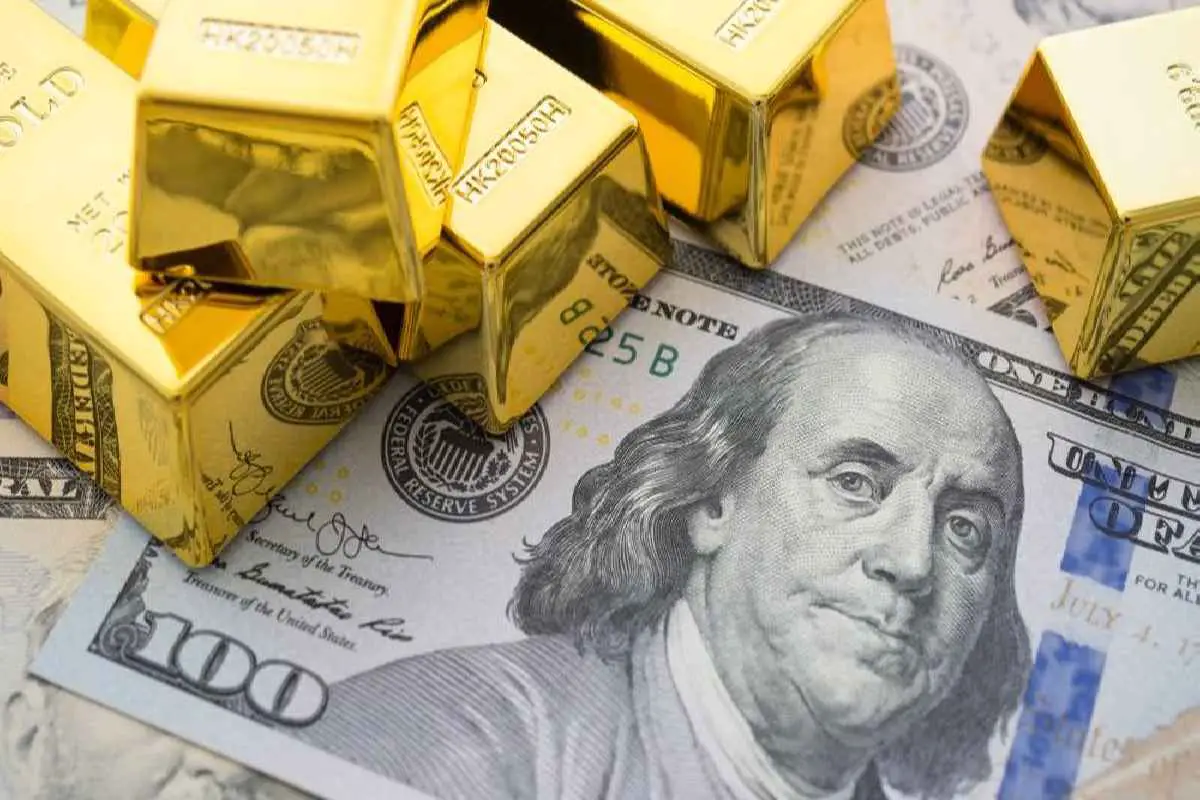






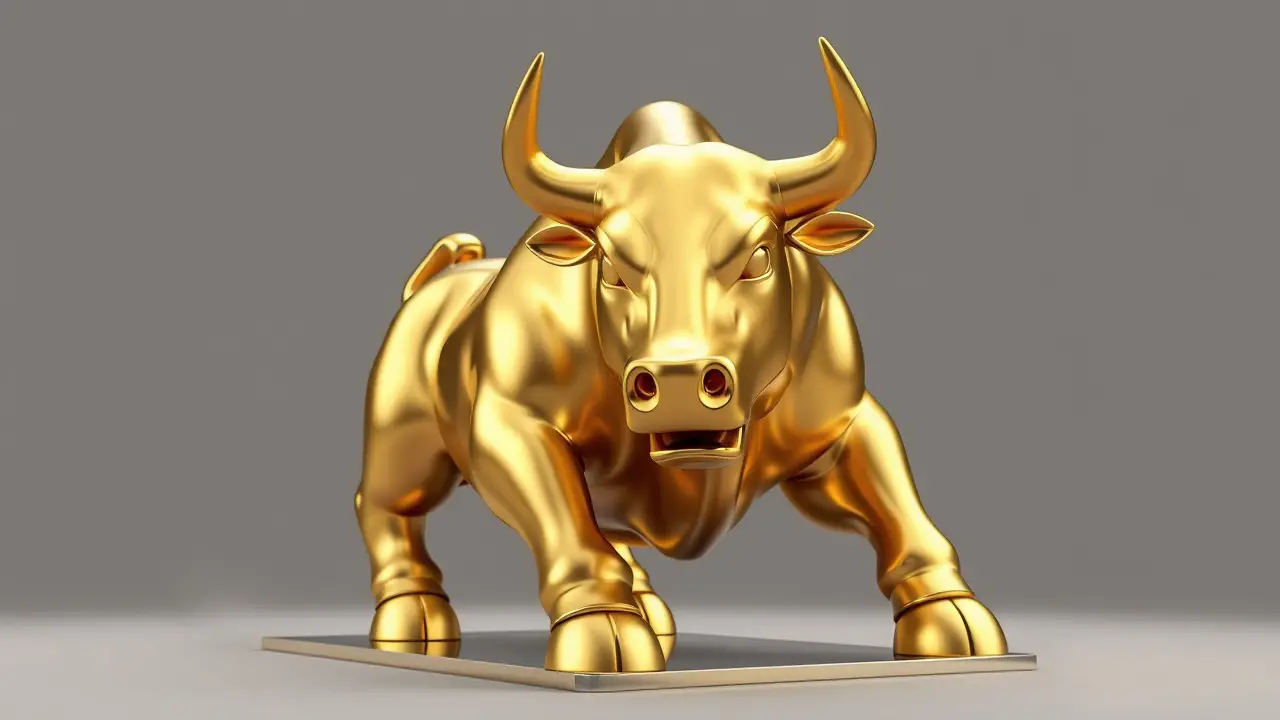


Leave a Reply